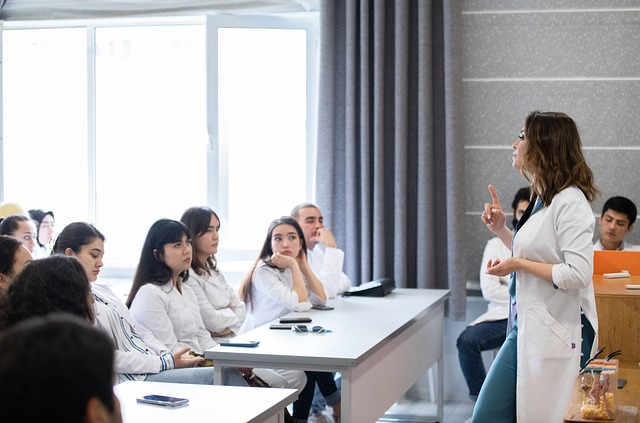In the ever-evolving field of genomics, the quest for unraveling the mysteries of our DNA has taken an exciting turn with the advent of new technological innovations. Central to this exploration is the concept of de novo mutations—unexpected genetic changes that arise anew in an individual, rather than being inherited. These mutations can be both a source of health challenges and a gateway to groundbreaking health innovations.
Traditionally, identifying de novo mutations involved laborious and time-consuming methods that limited our understanding of their implications in human health. However, recent advancements in genomic technologies have revolutionized our ability to detect and analyze these mutations with remarkable precision. High-throughput sequencing techniques, such as next-generation sequencing (NGS), enable researchers to quickly and efficiently sequence vast amounts of DNA, pinpointing these spontaneous mutations with unprecedented accuracy.
One compelling application of this technological progress is in the realm of personalized medicine. Understanding an individual’s unique genetic makeup, including de novo mutations, allows for tailored treatment approaches that align with a patient’s specific health needs. For instance, in the context of rare genetic disorders, being able to identify an individual’s unique mutations can lead to earlier diagnoses and more targeted therapies, transforming the landscape of patient care.
The integration of artificial intelligence (AI) and machine learning into genomic research further accelerates the discovery process. These technologies can sift through massive datasets, identifying patterns and correlations that were previously undetectable. They not only enhance our ability to detect de novo mutations but also offer insights into their potential health implications, driving innovations that can improve outcomes for patients.
Moreover, the excitement around gene editing technologies, like CRISPR-Cas9, opens new avenues for addressing the challenges posed by de novo mutations. By understanding the specific mutations that contribute to disease, researchers are exploring the possibility of correcting these changes at the genomic level, presenting a novel approach to treating currently incurable genetic conditions.
As we dive deeper into the world of genomics, embracing these technological advancements ensures that we not only enhance our understanding of de novo mutations but also harness their potential to drive significant health innovations. The future of medicine continues to unfold, shaped by our capacity to decode the language of our genes and address the complex health challenges that arise from them.



